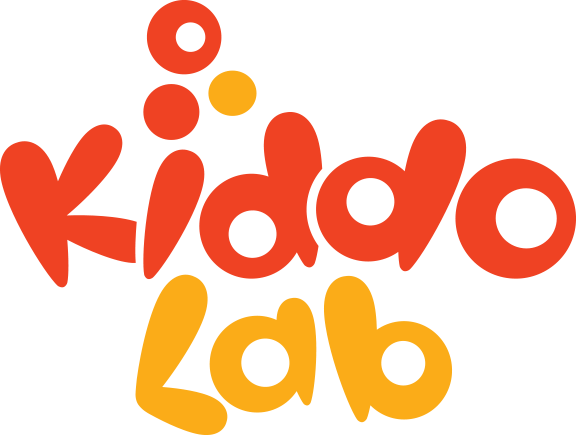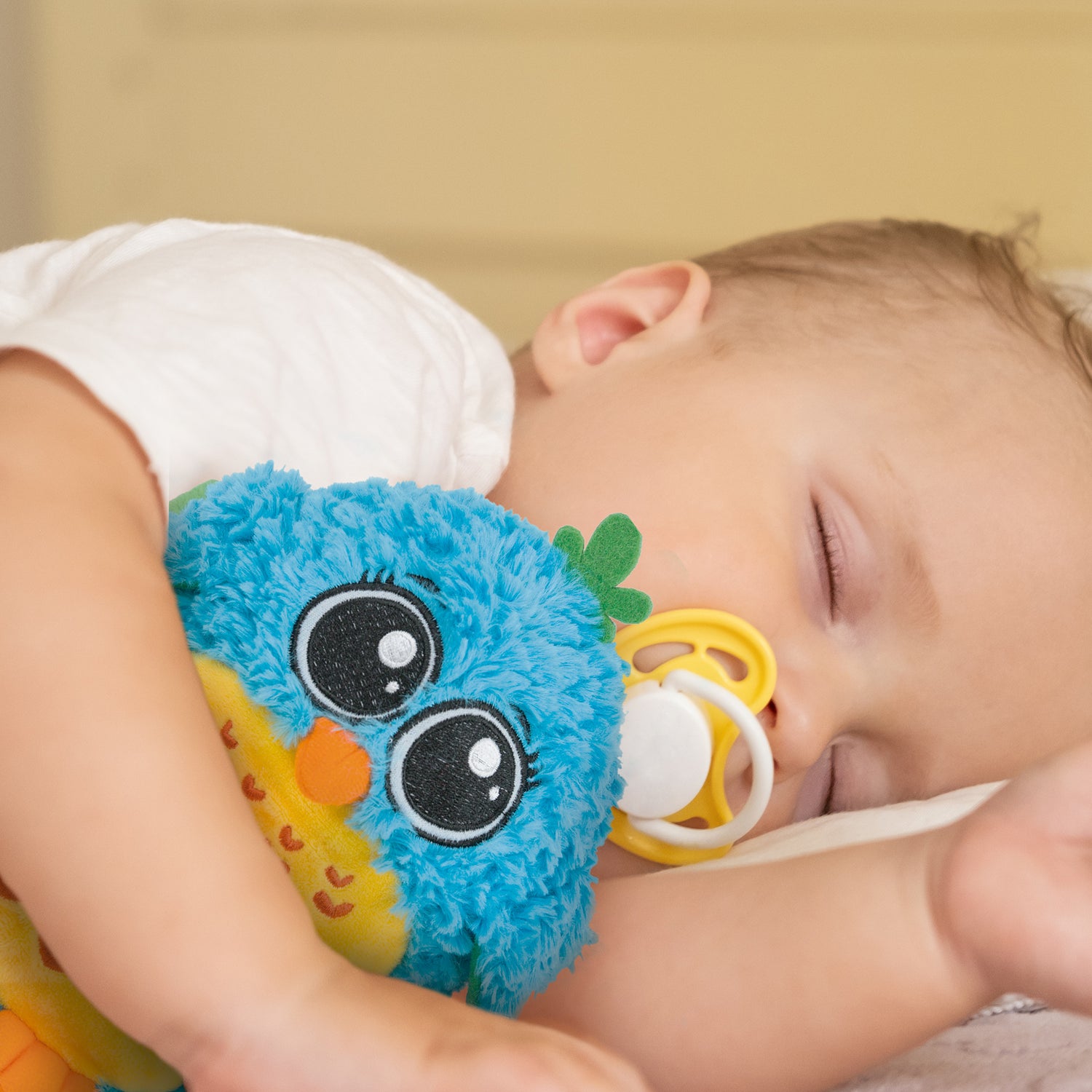
How does your baby like to be treated, comforted, held, and talked to? Your baby will give you the answer to this question. All you have to do is observe your baby properly and he or she will give you important information. How your baby reacts to things – sounds, facial expressions, and other reactions indicate how he or she feels about some things.
Being a mother is hard, yes, but there are things which you can do to enjoy motherhood. Understanding your baby is one. To be able to understand your baby, you need to be aware and observe how he or she develops. You will be reading about your baby’s stages of development in this article. Learn from it so you can have fun experiences with your baby and make your life as a mother easier.
SKILLS AT 0 TO 3 MONTHS OLD
1.) Physical Skills
At 0 to 3 months old, your baby will be developing his or her physical skills. This is the stage where he or she raises his or her head, and when placed on his or her stomach, raises his or her chest. In this stage, your baby stretches and kicks on back, opens and closes his or her hand, brings his or her hand to mouth, and can grasp and shake toys.
You baby’s physical skills develop from top to bottom. It starts with mastering the movements of the head, down to the trunk, hands, and legs.
Although his or her motor skills allow your baby to move, his or her movements are involuntary. Meaning, your baby’s movements are largely out of his or her control. But at three months old, you will notice your baby staring at his or her hands. This is the time when your baby learns to understand that his or her hands are parts of his or her body, and not just another toy.
2.) Social Skills
Your baby’s social skills also develop in this stage. During your baby’s first month. You will notice him or her experimenting on grins, grimaces, and smiles. But at two months, your baby can make genuine smiles and give out signals of friendliness and pleasure.
This is the stage where your baby discovers that his grin or his smile can attract more attention. This will encourage your baby to smile more often because the attention he or she gets will make him or her feel good. Once he or she is engrossed with the new discovery, your baby’s attention will be diverted away from the internal sensations which used to bother your baby like gas, hunger, etcetera.
Being able to socialize makes your baby appreciate and enjoy new experiences. It is not just fun, but it also plays an important role in his overall development.
3.) Develop Senses
During this age, your baby also develops his or her senses:
- Taste and Smell – your baby can smell and taste even while still in your womb. What the mother eats or smells while pregnant can influence her baby’s palate and fragrance preferences later in life. A baby can recognize people, especially his or her mother, through her scent.
- Sight – tour baby’s sense of sight is the least developed of all his or her senses. Your baby will only be able to focus on objects which are near to his or her face. Especially those objects which are more than fifteen inches away. Your baby will usually focus on bright and contrasting colors. As your baby’s sense of sight develops, he will be able to recognize familiar objects and people at a distance, and will be able to follow moving objects.
- Touch – the most developed among all of your baby’s senses at birth, your baby’s sense of touch makes him or her want constant skin to skin contact. This sensory milestone is responsible for making your baby respond to various touches, and soothes when swaddling. They want to touch soft things. The proper response to your baby’s touch stimulation can positively affect his social, immunological, and cognitive development.
- Hearing – your baby is able to hear in utero. But when he or she is born, your baby’s sense of hearing is not s developed as that of an adult. You will notice that your baby reacts to sounds and noises at this stage.
PHYSICAL FEATURES AT 0 TO 3 MONTHS OLD
At 0 to 3 months, your baby’s physical features may develop quickly. Do not worry about your baby’s size, that he or she is smaller than other babies. This may be due to several factors: culture and environment of parents, size of parents when born, nutrition, and the length of time the mother carried the baby on her womb.
1.) Physical Features – you may notice something different with your newborn’s features. Do not worry they will disappear and develop in time. You may notice your baby to have these at birth: blisters on the lips (from feeding), dry skin, flattened nose, enlarged genitals, body hair, smushed nose, and swollen eyes. Body hair may often be present among preterm babies.
2.) Weight and Height – your baby may lose 5% to 10% of his or her birth weight. This often happens among breastfed babies. But a return to birth weight usually happens in the second week from birth. Your doctor will closely monitor your baby, so no cause to be worry yourself too much. Normally, your baby should gain announce a day after regaining birth weight. Then at 3 months old onward, he or she should be gaining a pound per month and your baby’s height will increase by 20%.
3.) Appearance of the Head – the head makes up the greatest potion of your baby’s body. His skull is flexible, as compared with that of an adult. Because of this, you may find some soft spots, or fontanelles, on his head. Your baby’s head may also be misshaped. It may have a conical shape during birth. But no need for you to worry also. Your baby’s head will recover its shape and will round out nicely eventually.


